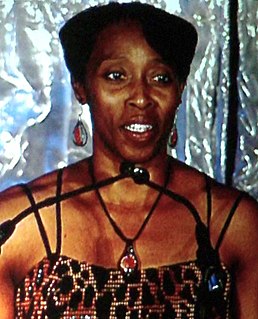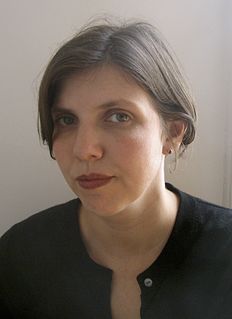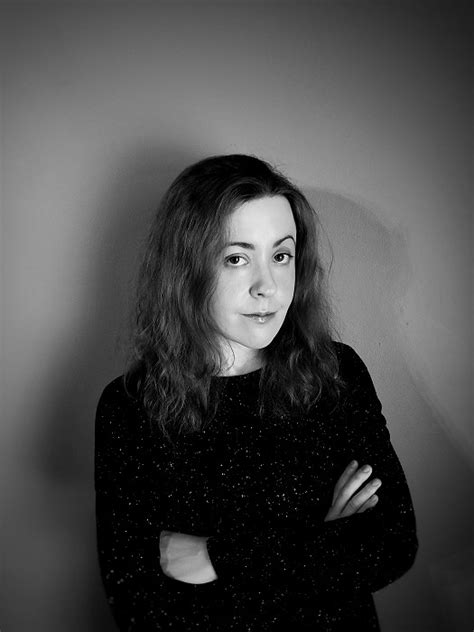A Quote by Jonathan Dee
What could be more boring than a novel that tells you how to think about everything that happens in it?
Related Quotes
Think about George Orwell's three-minute hate from the novel '1984' and how that left everyone sort of exhausted and able to live their boring humdrum lives. If our lives are going to continue being unfulfilled and boring, perhaps we do need some sort of short-term violent chaos incorporated into them, to make them more palatable.
The way we treat people we think can't help or hurt us - like housekeepers, waiters, and secretaries - tells more about our character than how we treat people we think are important. How we behave when we think no one is looking or when we don't think we will get caught more accurately portrays our character than what we say or do in service of our reputations.
The thing no one tells you about surviving, about the mere act of holding out, is how many hours are nothing because nothing happens. They also don’t tell you about how you can share your deepest secrets with someone, kiss them, and the next hour it’s like there’s nothing between you because not everything can mean something all the time or you’d be crushed under the weight of it.
I think there's much more privileging of the new in art. I think people want to think they privilege the new in writing, but I agree with Virginia Woolf. She wrote a great essay called "Craftsmanship" about how difficult it is to use new words. It's really hard, but you see them coming in because obviously, if you're going to write... I mean, even to write "cell phone" in a novel - it's so boring.
I'm surprised how often I'm asked about being a man with a woman narrator. I'm not the first, nor will I be the last. It's been done forever, but we seem to forget that. The whole notion of "write what you know" is not just boring, but wrong. Lately it seems like every novel has to be a memoir. I'm a boring person, but I'm a writer with a relatively vivid imagination. And when people ask me about how I find the voice of a woman, I tell them that my life is run by women.
You cannot control all of what happens to you, but you can control your attitude toward all of what happens to you...You can choose to be happy and grateful rather than disappointed and bitter, by focusing on how it could have turned out worse but didn't, rather than how it could have turned out better but didn't.
I don't think any particular painters have inspired me, except in a general sense. It was more a matter of corroboration. The visual arts, from Manet onwards, seemed far more open to change and experiment than the novel, though that's only partly the fault of the writers. There's something about the novel that resists innovation.






































